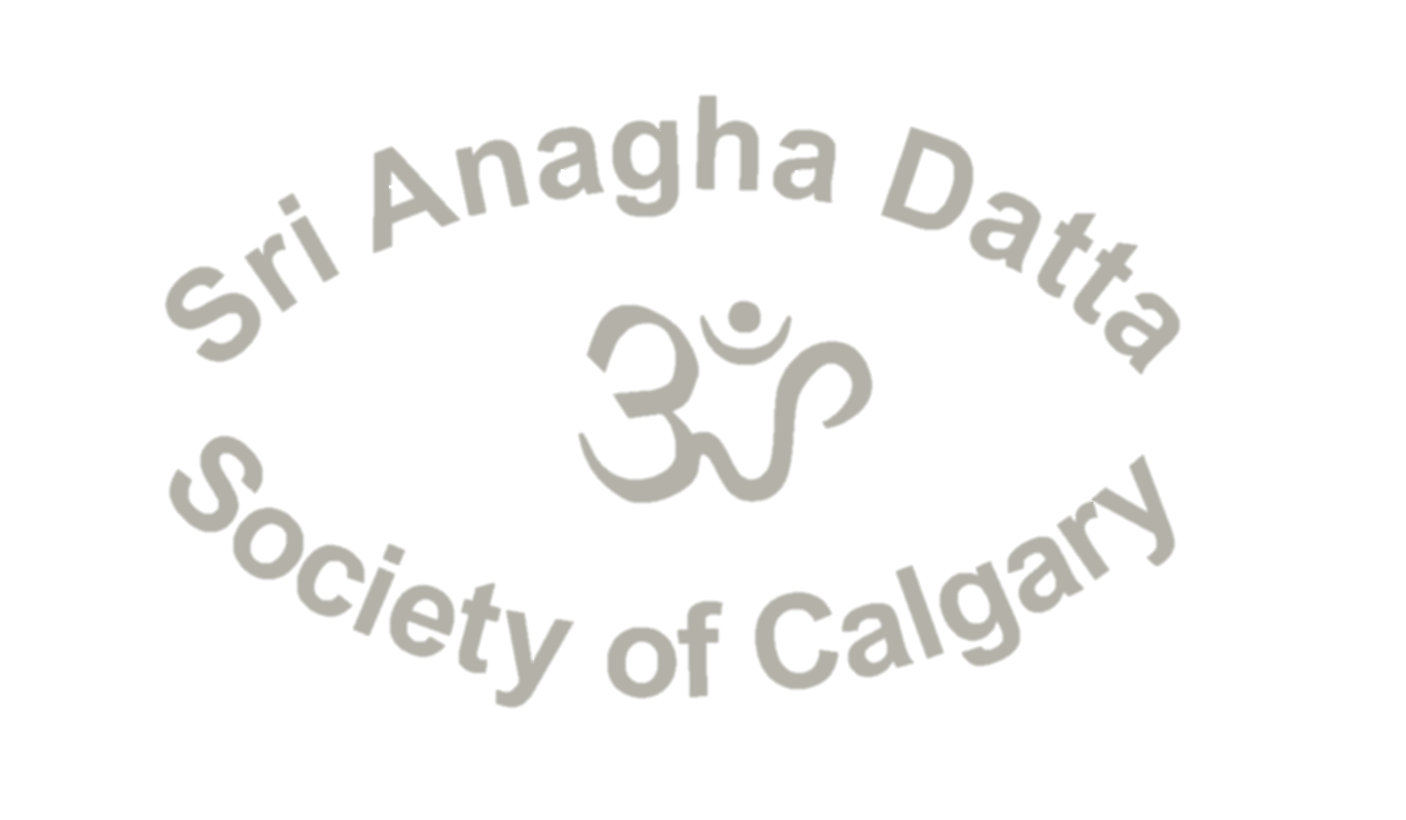-
February 27 – Maha Shiva Ratri
Read More: February 27 – Maha Shiva RatriMaha Shiva Ratri program 6:00pm: Baba Abhishek, while chanting Purusha suktam , Vishnu Sahasranamam. 7:00pm: Dhoop aarti 7:30pm: Pallaki Seva 8:00pm Lalitha Sahasranama chanting 9:00pm Chanting – Rudram, […]
-
January 14 2014 – Makar Sankranti
Read More: January 14 2014 – Makar SankrantiOn the occasion of Makar Sankranti on Tuesday the 14th of January, come and obtain the blessings of Baba and join in the chanting of Lalitha Sahasranama and […]
-
January 11 2014 – Vaikunt Ekadasi
Read More: January 11 2014 – Vaikunt EkadasiVaikunt Ekadasi Celebrations Date: 11th January 2014 Time: 9:00 am to 12:00 noon. Tiruppavai followed by Madhyan aarti. On the auspicious occasion of Vaikunt Ekadasi , we are […]
-
January 1 2014 – volunteering at Calgary Drop in Center
Read More: January 1 2014 – volunteering at Calgary Drop in CenterJanuary 1 2014 – Some of our volunteers will be at the Calgary Drop in Center cooking. On the menu is Chana Masala, Rice pulav, Buns, Salad & […]

